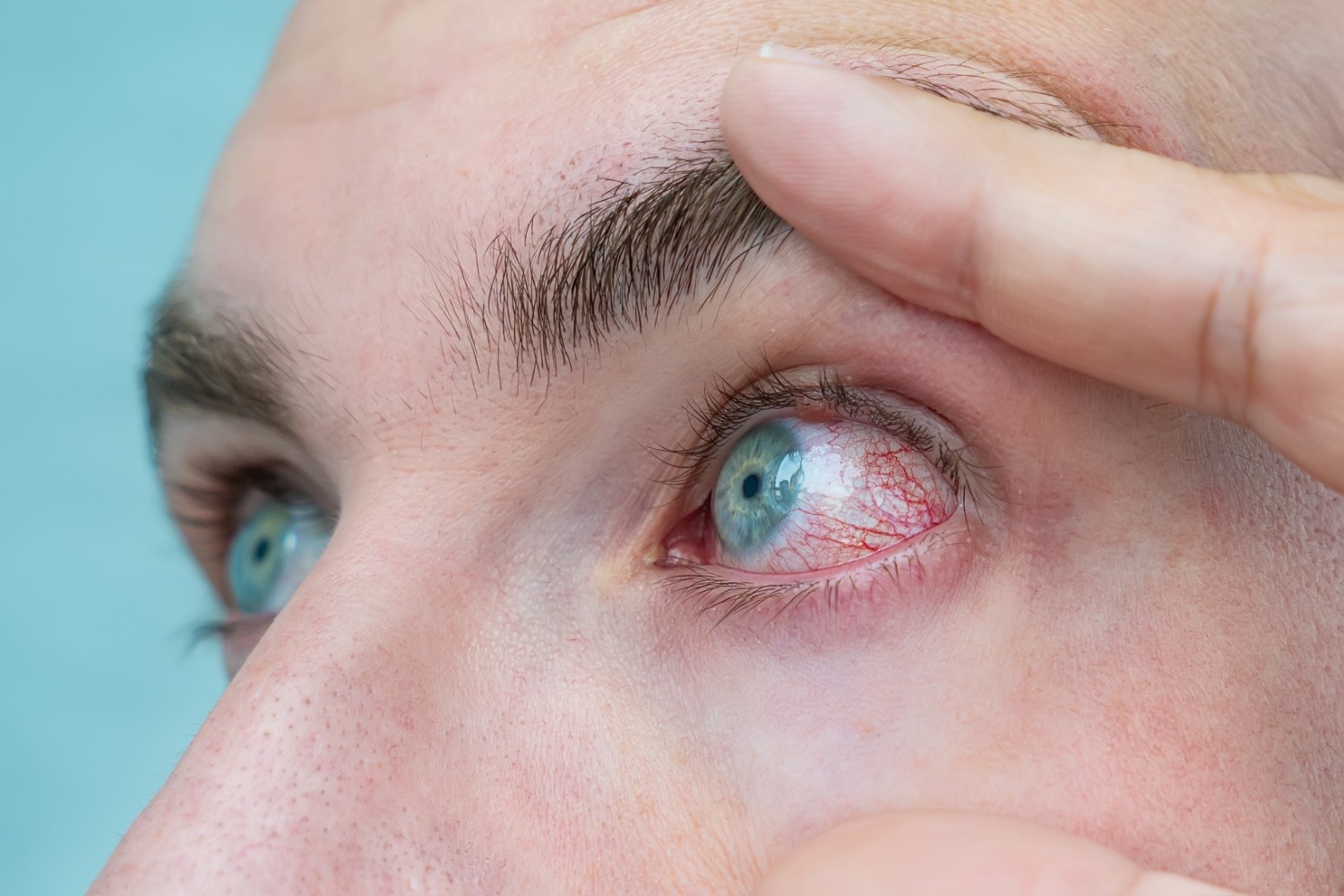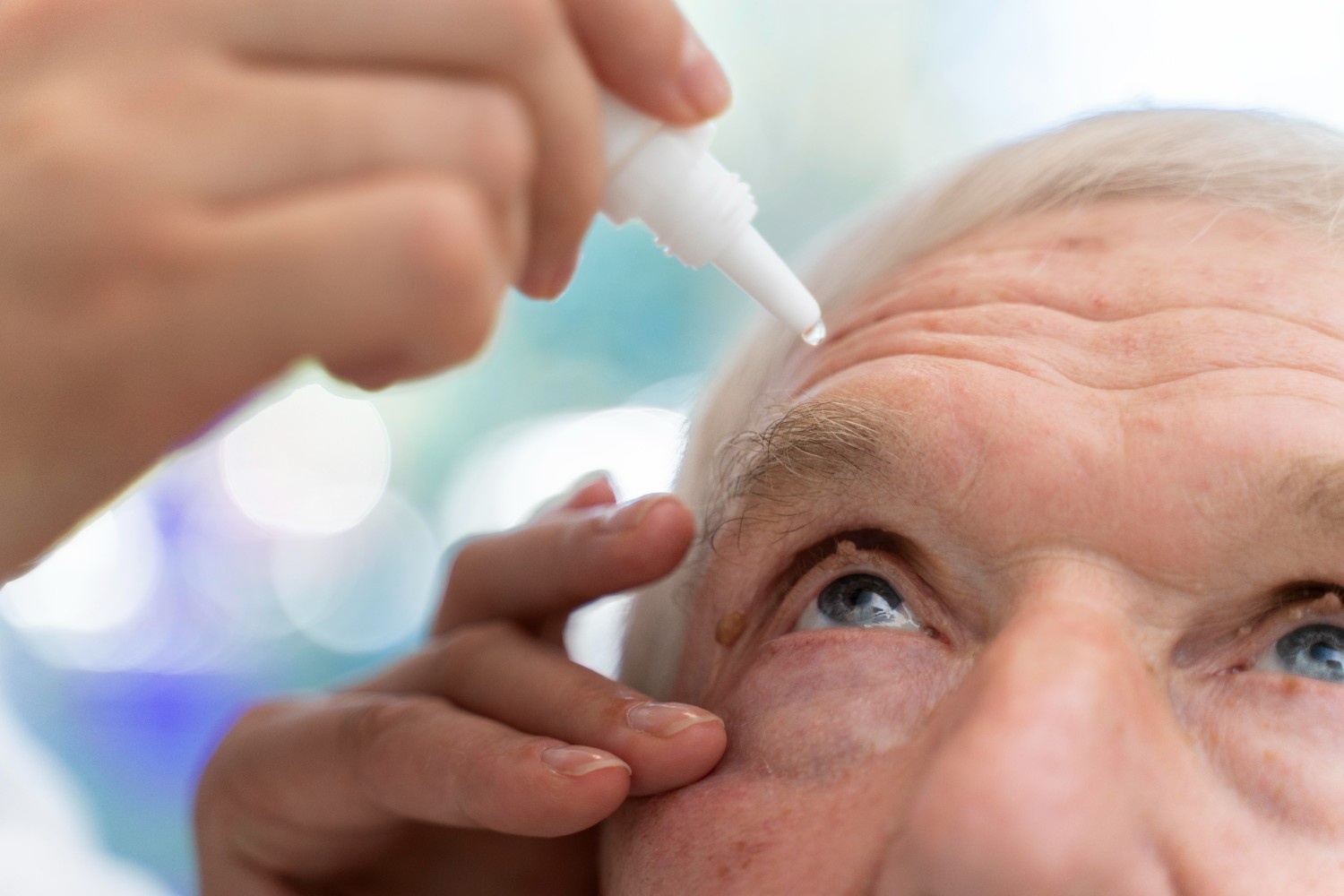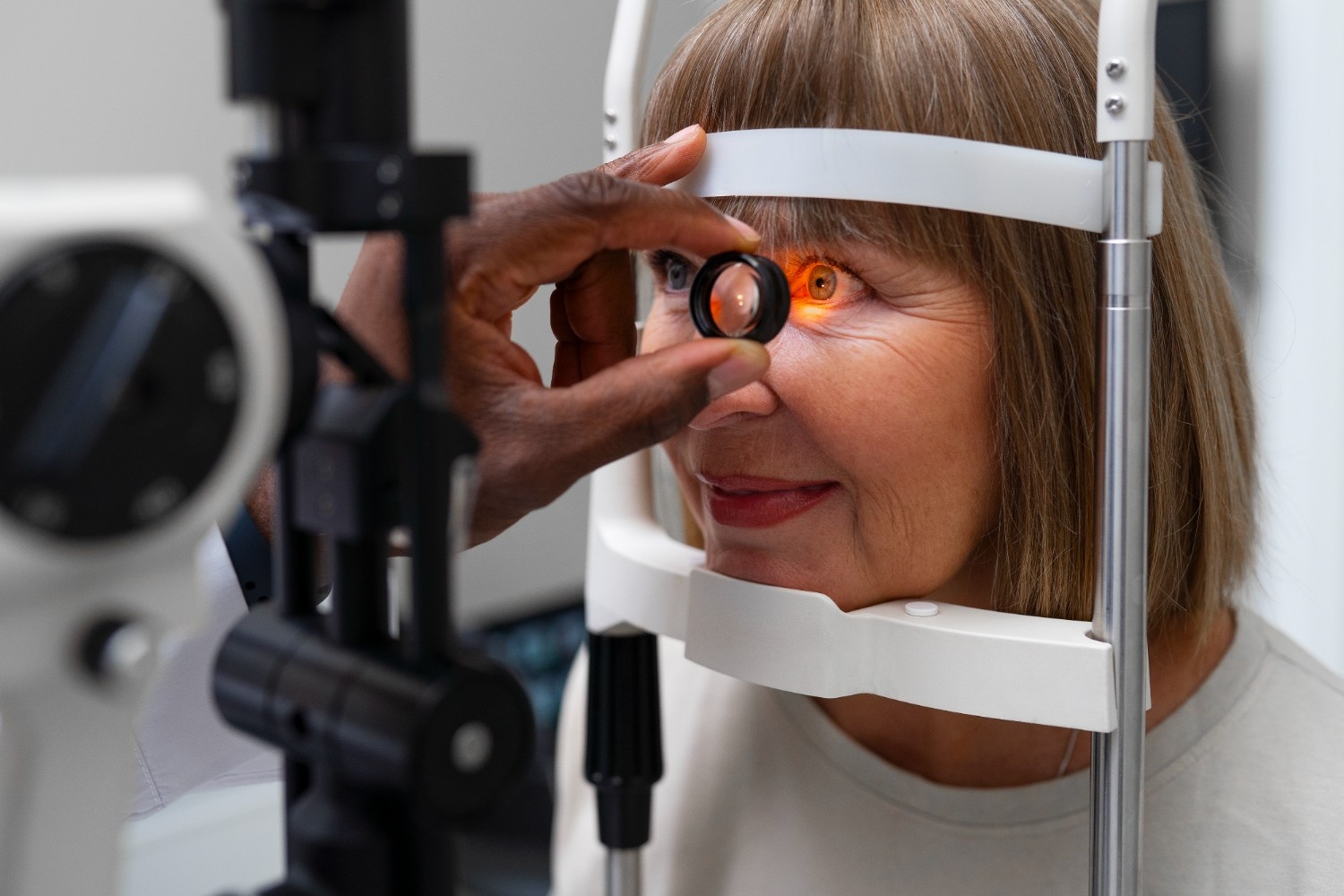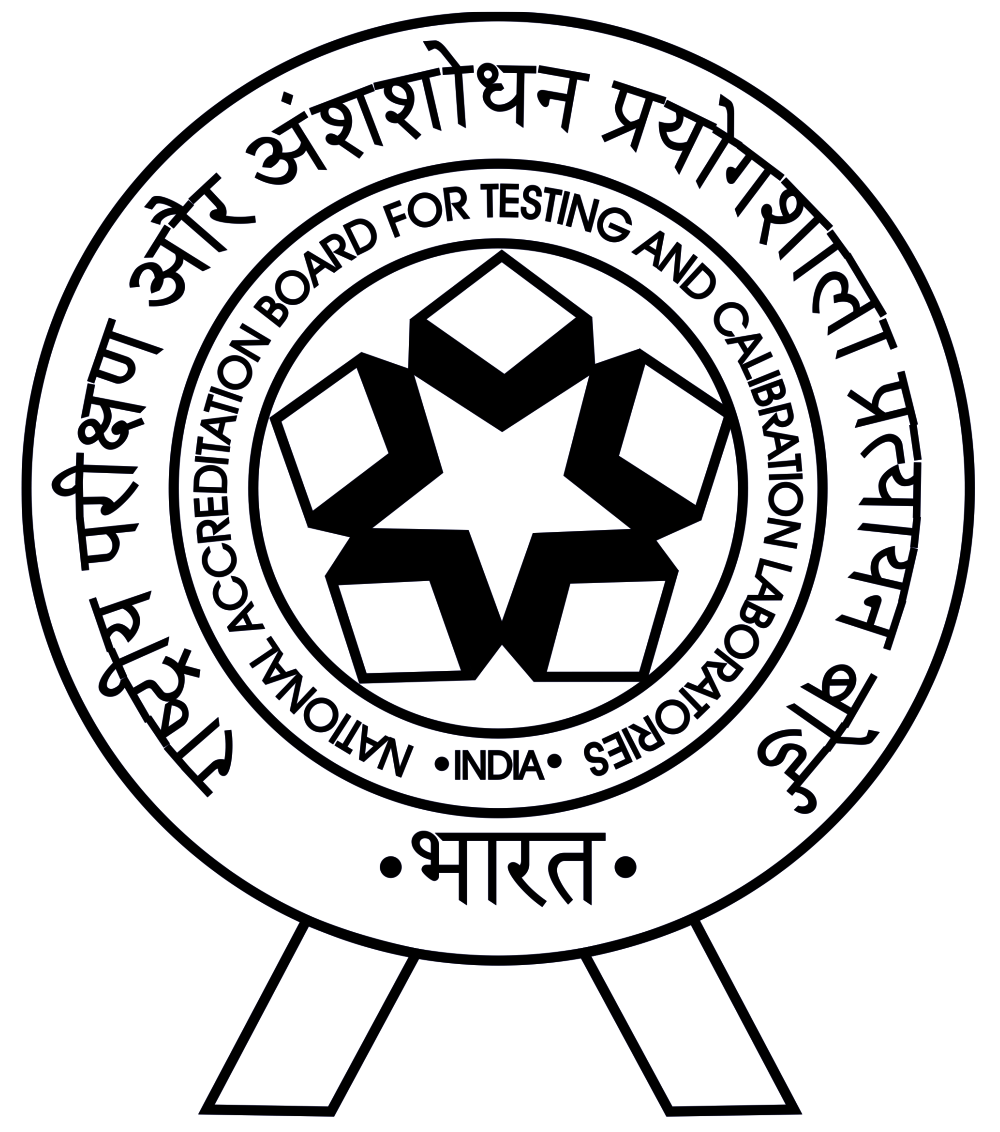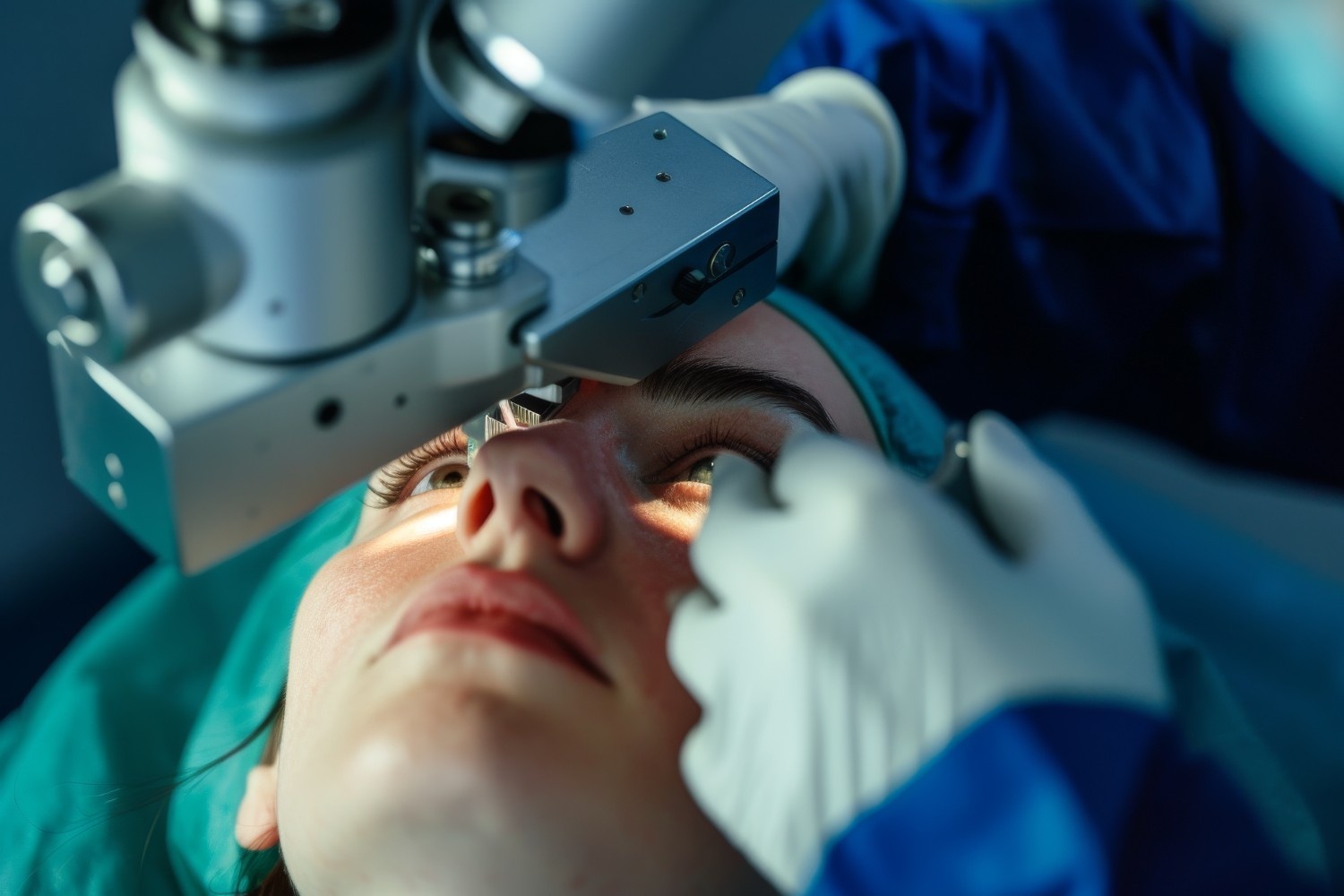
Refractive Eye Surgery for Clear Vision at ShardaCare – Healthcity
Refractive surgery at ShardaCare - The Healthcity offers solutions for common vision problems like near-sightedness, far-sightedness, astigmatism, and presbyopia. These procedures aim to reshape the cornea or implant a lens in the eye, ultimately focusing light correctly on the retina for clearer vision.
Refractive errors are caused by irregularities in the cornea's shape or abnormalities in eye length, leading to blurred vision. The cornea, which bends and focuses light, may not properly direct light onto the retina, resulting in blurred images. These errors can affect healthy eyes and manifest in four main types:
- Near-sightedness (myopia): Close objects are apparent, but distant ones are blurry because the eye is too long or the cornea is excessively curved, causing images to focus in front of the retina.
- Far-sightedness (hyperopia): Distant objects are apparent, but close ones are blurry because of a shorter eye or a too-flat cornea, causing images to focus behind the retina.
- Astigmatism: Blurred vision at any distance results from irregularly shaped corneas, lenses, or both, preventing sharp focus on the retina.
- Presbyopia: Also known as age-related farsightedness, this condition reduces the eye's ability to change focus with age, typically occurring around ages 40-50. While refractive surgery can enhance distance vision, it may not fully address near-vision problems associated with presbyopia.
Looking for an Expert
ShardaCare - Healthcity is home to some of the eminent Doctors in the world.
Book an Appointment



